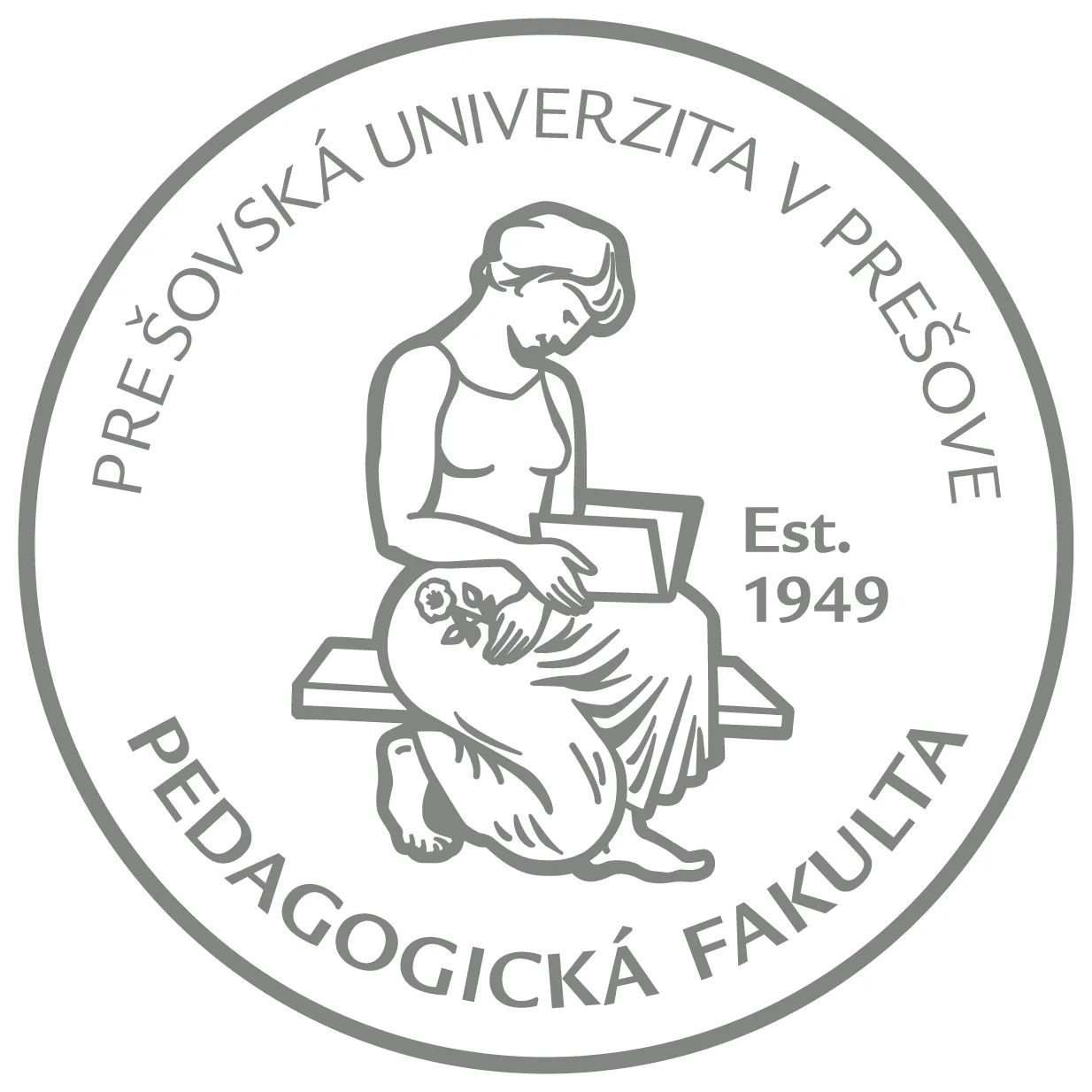Department of Pre-school and Elementary Pedagogy and Psychology
Department of Preschool and Elementary Education and Psychology scientific and research orientation include:
- competences of children and teachers in preschool education, pre-primary didactics, diagnostics and outdoor education, management of schools and children’s play within the context of preschool education,
- children with general educational needs, children from socially disadvantaging background (focus on the field of preprimary and elementary education),
- cognitive functions and emotional processes affecting the efficiency and abilities of gifted and talented pupil, cognitive processes and functions of pupils in the learning process,
- research methodology, measurement issues and quantitative inference in the social sciences,
- effectiveness of the recent theories in elementary reading and writing, ethical and prosocial education – its practical implementation in preschool and primary stages of education,
- Pedeutology (theory of a teacher’s profession), the issue of professional qualifications of teachers, development of critical thinking in students of educational science, teacher`s psychohygiene (coping with stress, emotional intelligence and emotional regulation, subjective well-being and quality of teacher`s life).
Students, upon completion of the courses offered by of the Department of Preschool and Elementary Education and Psychology, will:
- gain theoretical background in social (especially educational and psychological) sciences with a more narrow focus on preschool and junior school age,
- acquire practical skills related to planning, designing, diagnosing, and implementing educational process, and pedagogical abilities for leisure time activities,
- be able to utilise professional knowledge of preschool, elementary education, and psychology in professional practice; during their teaching practice in kindergarten and elementary school students demonstrate a range of acquired skills and gained subject-specific competences in communicative, interpersonal and intrapersonal aspects.
